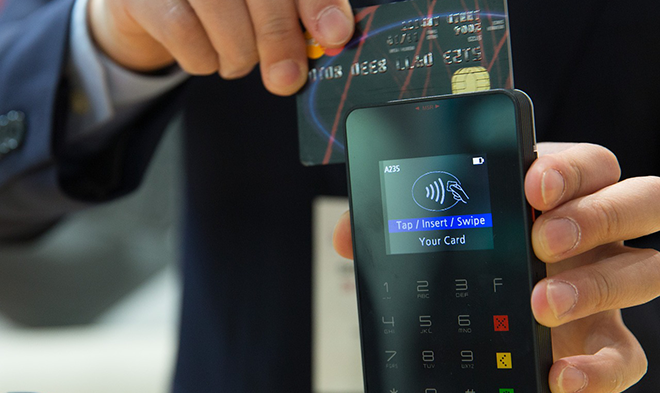10 Tips For Using Your First Credit Card

You're ready to start establishing some credit history and you’ve got yourself your first credit card to do it with. That’s a good start. No matter if you’re a young adult just starting out in life or you’re older and have avoided credit up until now, getting your first credit card is a great way to build credit for the first time. But how do you avoid getting caught under a mountain of debt, like so many others have before you?
Once you’ve got your first credit card, whether it’s a secured card or an unsecured credit card, here are some pointers for managing it so you don’t get yourself in any financial trouble:
1. Always pay your minimum payments on time and in full
If you can manage it, pay more than your minimum payment. The faster you pay down credit card debt, the less interest you’ll pay, and the less your card is going to cost you in the long run.
2. Treat the credit on your card as you would money in your bank
This means only spending when you can actually afford it. Most people who find themselves in suffocating debt get there by living outside of their means.
3. Remember that debt grows, even if you stop spending with credit
If you carry a balance on your card, and you just pay the minimum payment, your debt is still going to grow even if you don’t use any more credit. You must pay the interest as well as the minimum monthly payment to see your debt shrink. A late payment or going over your limit is going to accumulate fees as well, and your debt will just grow faster and faster until it’s out of control.
4. Pay off what you spend immediately
If you pay back what you’ve spent on your card within the grace period each month, you’re going to avoid interest charges, boost your credit score, and learn to live within your means.
5. Stick with one credit card for now until you’ve established some good credit management habits
Each time you apply for a credit card, it appears on your credit report. Too many, and you can actually see your credit score go down. Avoiding too much credit will ensure this doesn’t happen and it will lessen the temptation to spend money you don’t have.
6. Watch your credit card statement
At least monthly, ensure you’ve checked your credit card statement for anything weird, any mistakes, or maybe even an old subscription you’re still paying for but don’t need any longer. Sometimes we can be charged twice at checkout in a store or online and the only way you’ll catch it is if you’ve got eyes on your credit card activity.
7. Remind yourself life is more expensive for people with poor credit
It’s true! If you ruin your credit now by mismanaging it, when it comes time to buy a house or a car or take out a loan of any kind, you’re going to be offered the worst possible interest rates there are. You might also have trouble finding a job, a place to rent, or even booking travel if you have poor credit.
8. Keep your eyes on your credit score
This is way more interesting than it sounds. It’s really pretty fascinating to watch your score go up with good credit management and it works to really cement those good habits in your mind. It’s sort of like a positive reward system but it only works if you’re paying attention.
9. Occasionally review your credit report
You can grab your own free copy once per year from each credit bureau in Canada. Taking a look at it won’t just show you where you can improve or where you’ve already done well, it’s going to bring things to your attention that could be mistakes or indications of identity fraud. Checking your credit report is something every last one of us should be doing.
10. Don’t use cash advances
There is no grace period with cash advances, and you’re going to be charged interest on that borrowed money instantly. The worst part is that the interest rates on cash advances are often much, much higher than your regular interest rate.
Getting your first credit card can be exciting and scary at the same time, but really, there is nothing to be scared of as long as you realize you must remain in control. Follow these ten tips and you will keep control over your credit and you’ll be able to build a great credit score at the same time.
If you are concerned about going into debt once you have access to credit, why not consider a secured card? Secured cards work just like a regular credit card, however you use your own money to secure the card, and therefore avoid going into debt. Check out Refresh Financial's Secured Card and apply online. Instant approval in less than 20 minutes!






Leave a Reply